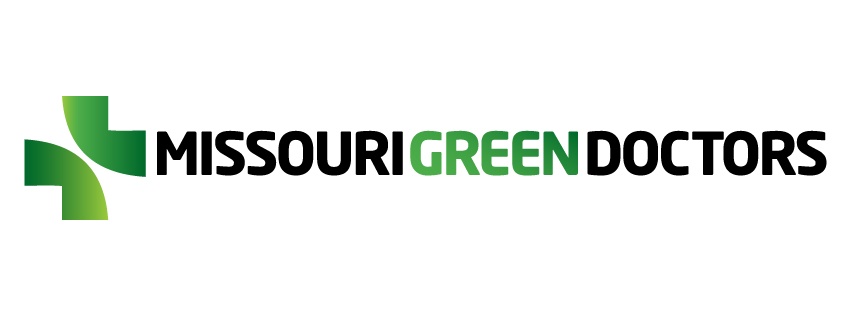physical and mental health issues
As people age, they may experience physical and mental health issues, including depression. Depression is a common condition among elderly adults and can have a significant impact on their quality of life. While traditional treatments such as medication and therapy can be effective, some elderly adults may be interested in exploring alternative treatments, such as medical cannabis. In this blog post, we will explore whether medical cannabis is an effective treatment for depression in elderly adults.
What is Depression in Elderly Adults?
Depression is a mental health disorder that can cause persistent feelings of sadness, hopelessness, and a loss of interest in activities. In elderly adults, depression can be a result of various factors, including chronic illness, social isolation, and the loss of loved ones. It is estimated that 6 million adults over the age of 65 in the United States suffer from depression.
Traditional Treatment for Depression in Elderly Adults
The traditional treatment for depression in elderly adults typically involves medication and psychotherapy. Antidepressants are commonly prescribed to elderly adults with depression, but they may come with side effects such as dizziness, drowsiness, and confusion. Psychotherapy, such as cognitive-behavioral therapy (CBT), can also be effective but may be costly and time-consuming.
Depression is a mental health condition that affects millions of people worldwide. While antidepressants are commonly prescribed for depression treatment, some patients may prefer a more natural alternative. This is where medical cannabis comes in. But how does medical cannabis compare to antidepressants in treating depression? In this article, we will explore the differences between the two treatments and their effectiveness in managing depression symptoms.
Antidepressants work by regulating the levels of neurotransmitters in the brain, such as serotonin, norepinephrine, and dopamine. On the other hand, medical cannabis contains cannabinoids, such as THC and CBD, which interact with the endocannabinoid system in the body to produce a range of therapeutic effects. While both treatments can be effective in managing depression symptoms, there are some key differences to consider.
However, it is important to note that medical cannabis is not a suitable treatment option for everyone. Patients with a history of substance abuse or mental health conditions such as schizophrenia may be at risk of adverse effects from medical cannabis use. In addition, medical cannabis is not legal in all states, and patients may face legal and logistical challenges in accessing this treatment.

Medical Cannabis as an Alternative Treatment
Medical cannabis has been legalized in many states for various medical conditions, including depression. The plant contains over 100 compounds known as cannabinoids, the two most well-known being tetrahydrocannabinol (THC) and cannabidiol (CBD). THC is known for its psychoactive effects, while CBD is non-psychoactive.
Several studies have shown that medical cannabis can be effective in treating depression. A study published in the Journal of Affective Disorders found that medical cannabis improved symptoms of depression in 89.3% of participants. Another study published in the Journal of Psychopharmacology found that medical cannabis reduced symptoms of depression and anxiety in participants with chronic pain.

fewer side effects
One of the main advantages of medical cannabis is its potential to produce fewer side effects compared to antidepressants. Antidepressants can cause a range of side effects, such as weight gain, sexual dysfunction, and insomnia, which can affect a patient’s quality of life. In contrast, medical cannabis is generally well-tolerated and can provide relief for depression symptoms without causing significant side effects.
Another advantage of medical cannabis is its potential to provide rapid relief for depression symptoms. While antidepressants can take weeks or even months to produce noticeable effects, medical cannabis can provide almost immediate relief for symptoms such as anxiety, stress, and low mood. This is particularly beneficial for patients who require fast-acting relief for their depression symptoms.
Medical cannabis has shown promise as a potential treatment for depression in elderly adults. However, it is important to understand the potential risks and side effects and to consult with a healthcare provider before starting treatment. With further research and education, medical cannabis could become an effective and accessible option for elderly adults struggling with depression.
